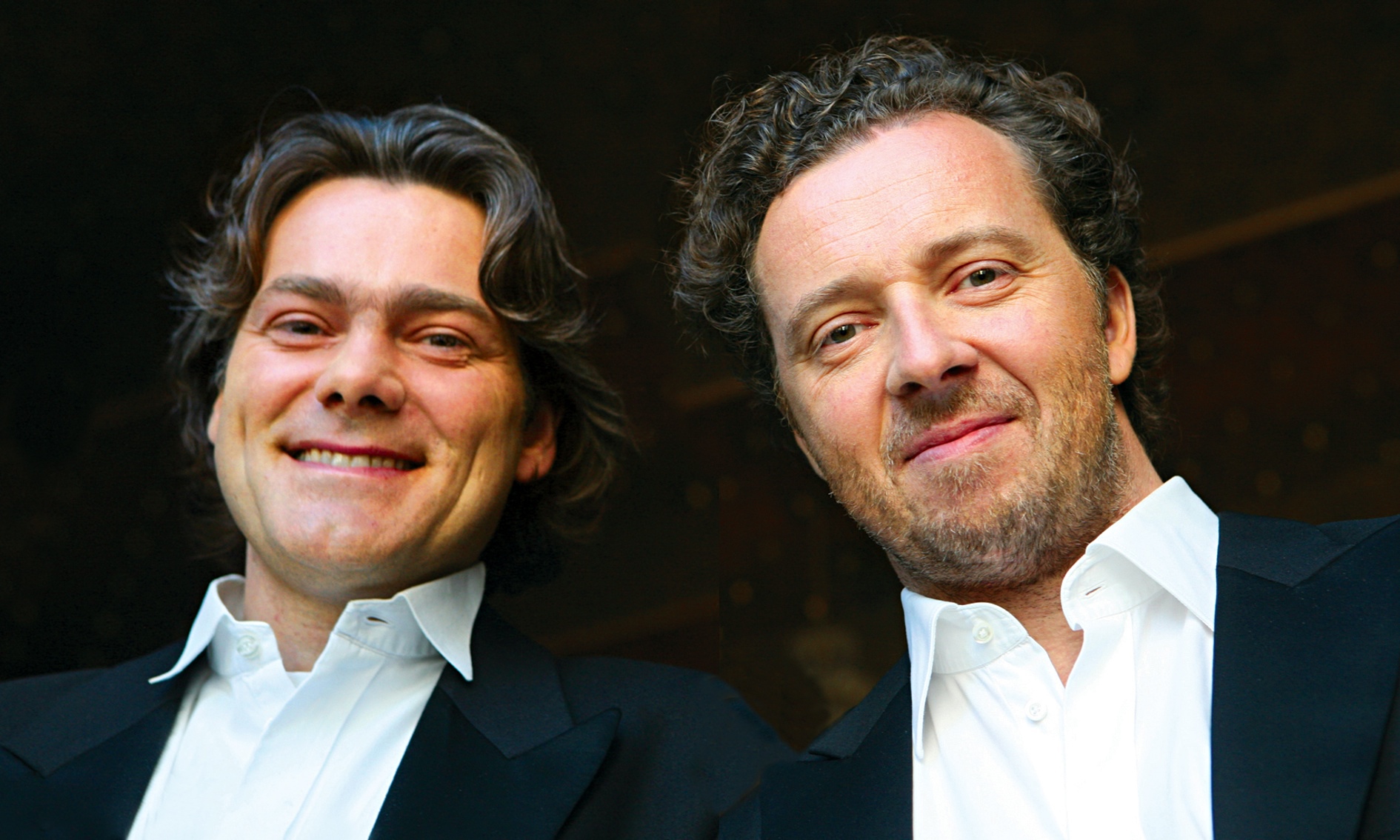For their first of two recitals at the Wigmore Hall, Christian Gerhaher and Gerold Huber devised an interesting programme - popular Schubert mixed with songs by Wolfgang Rihm and by Huber himself.
Fortunately regulars at the Wigmore Hall get to hear superb Schubert all the time, so Rihm was an intriguing prospect. Rihm (born 1952) is one of the greatest living German composers. His chamber music has featured regularly at the Wigmore Hall and his orchestral music and operas have been performed in London and elsewhere in the UK. In Germany, his songs are fairly well known, and there are several recordings, notably by Christoph Prégardien The score for Rihm's Six Songs from Goethe Lieder is available from his publishers Universal Editions.
It would be pointless to draw comparisons between Schubert and Rihm because any decent composer is an individual addressing his own time. Rihm is far more creative. His Six Songs from Goethe Lieder were an hommage to Wilhelm Killmayer (born 1927), another giant of modern German music. Prégardien is one of the great Killmayer interpreters. His recording of Killmayer's Hölderlin Lieder is outstanding, a milestone in modern art song. Rihm sets lesser poems from Goethe, whose output was massive This serves to distance the songs from Killmayer's highly poetical mystical settings of Hölderlin, temperamentally very different to Goethe. Some of these poems aren't even very good. "Was wir haben was wir hatten ...und was ist's denm was wir haben." Goethe was not losing his marbles in his old age.
The translation pretties the poem up, missing earthy wit. There are Killmayer trademarks in these songs such as the dense clusters that give way to semi-silence, and lines suddenly rise upwards forming the text "Nicht ein Bild !" after "Worte sind der Seele". It's like a private joke between Rihm and Killmayer who have done so much to make us think of the abstract music which words alone can't always express. Six Songs from Goethe Lieder is geniai,warm hearted fun and deserves to be heard more often.
And thus the last song of this set, Aus Wilhelm Meister's Wanderjahre
a poem from the 1807-21 version of Wilhelm Meister's Lehrjahre."Ein Wunder ist ein arme Mensch geboren" , which though dramatic doesn't attract many song settings. Again it's a very pointed private joke, it refers to a crazed man, wonderstruck by the moon, who wallows in morbid thoughts. Hölderlin all over! Hearing Schubert's famous setting from Wilhelm Meister felt strangely routine.
It probably didn't help that Gerhaher had contracted an infection,constricting his voice, as was mentioned several times during the evening. True fans would, I think. have preferred that he'd saved himself for Monday's higher-profile audience-friendly Schumann programme. In Rihm's setting of Goethe's long Harzeisse in Winter (2012), Gerhaher showed what he can do when he's more rehearsed.

Rihm is a genius, one of its kind. Gothe, on the other hand, share the same artistic powers but with its own style of music in it. The feeling of urgency in his music is amazing.
ReplyDelete